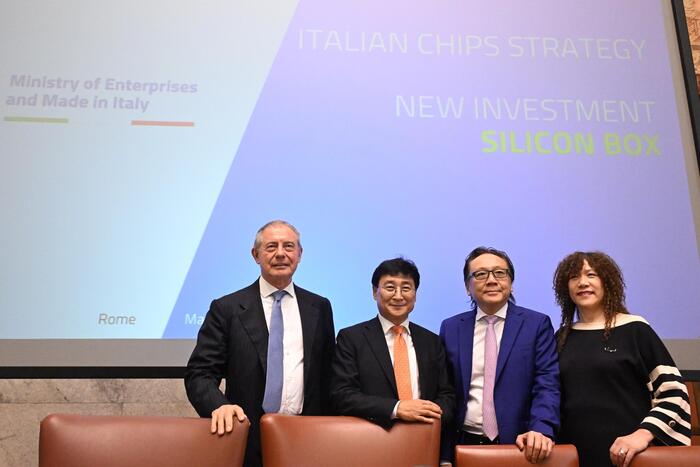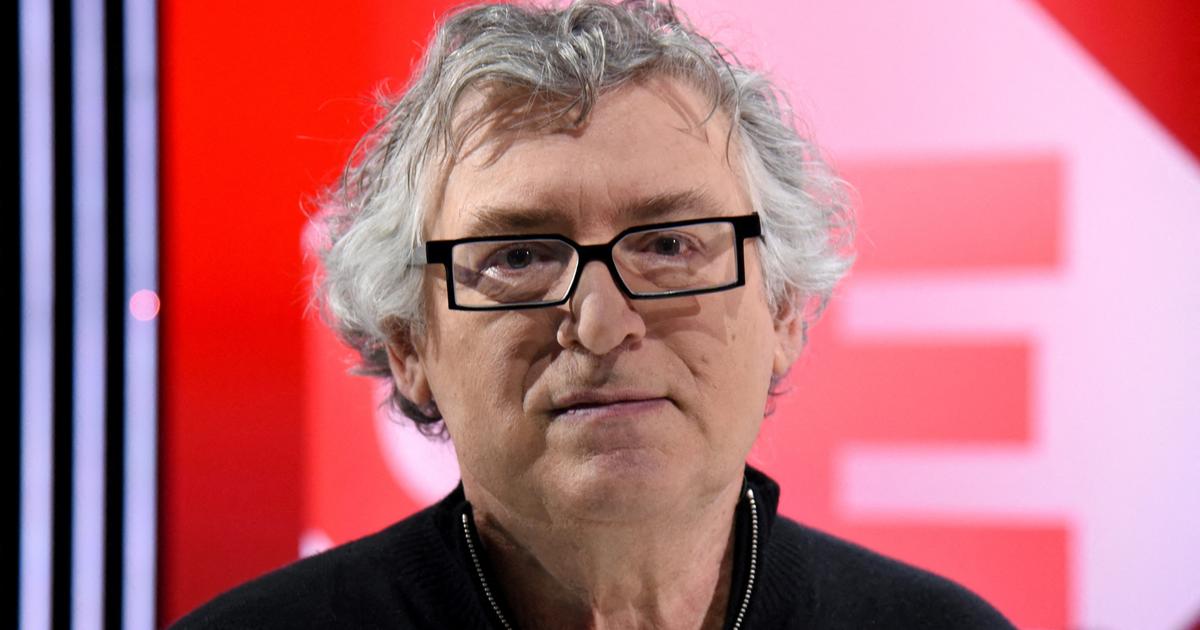Luis Granena
We live in unpredictable times, and the question mark is the best nectar for the exercise of philosophy.
One of the stars in this field is Byung-Chul Han (Seoul, 63 years old), author of fifteen short books that define the many forms of contemporary malaise.
Following the thread of some of his essays, we discover that we live in
The Transparency Society
(2013) and
The Palliative Society
(2021), in an
Infocracy
(2022) governed by
Psychopolitics
(2014) that provokes
the expulsion of what is different
( 2017) and
The Agony of Eros
(2014).
More information
Byung-Chul Han: “The cell phone is an instrument of domination.
It acts like a rosary”
True to his time, the thinker is a sea of paradoxes.
He hates
smartphones
, but he has one;
he hates social networks, although a phrase of his can break the internet;
he rails against self-exploitation, but publishes at least one book a year, and is a child of South Korean society but a thinker in Germany, the realm of Western philosophy.
An extraordinary popularizer, he received his doctorate in Freiburg with a thesis on Heidegger.
He is a professor of philosophy at the Berlin University of the Arts, but some
serious
philosophers are reluctant to consider him one of their own.
He replies that the problem is that the academic world is a dinosaur incapable of responding to current problems.
“He is a great phenomenologist.
He observes and orders what is observed and interprets it in a philosophical structure, ”says Raimund Herder, director of the publishing house of the same name, editor of almost all of Han's work and a great connoisseur of his thought.
“In his great book
About him, The Society of Tiredness
(2017), for example, he shows us social reality, he shows us what we see, but without really seeing.
And by giving it a name, Han makes us see, ”he argues via email.
“This is philosophy at its best.
He opens our eyes.
He takes us out of self-delusion.”
Continuing with the paradox, his work is a beacon that illuminates, but its light is dark.
It cries out against the disintegration of what makes us human —time, the relationship with others, the complex— and warns of the dangers of the absolutization of efficiency and unbridled labor systems that lead us to a life of the living dead, without breath.
In his latest work,
Capitalism and the Death Instinct
, published Tuesday, the German-Korean philosopher warns that our current economic system is a body full of tumors that metastasize, and that what was productive in the past only harbors already destruction.
His thesis is that the key to maintaining such a damaging
status quo
is that we believe we live in freedom, which precludes the idea of resistance or revolution.
And we drown in the imperative of the "positive", accepting the total commercialization of a life that only admits two stages: work or fail.
Han is highly critical of the notion of technological development, but this was not always the case.
As a child he played with the radio, with electrical appliances, and as a teenager he enrolled in Metallurgy at Korea University.
But he caused an explosion with chemicals that almost blinded him and he dropped out of the race.
It was an abrupt steering wheel turn.
He lied to his parents and told them that he was going to Germany to further his technical studies.
When he arrived in Göttingen he was 22 years old, he did not speak German, he ate bread with jam — he had no more — and he dreamed of studying Literature, although he finally turned to Philosophy.
In a short time he fell in love with German culture, with Walter Benjamin and Peter Handke, with “the little city of Berlin” (remember that he came from Seoul, a city of one million inhabitants in 1945 and more than 10 million only 45 years later). ).
In an interview in Zeit
magazine
he explained that he is not happy, but enjoys walking or eating, which is difficult in his host country.
“Germans don't seem to appreciate good food.
Maybe it comes from Protestantism, this hostility to sensuality,” he said.
In the end, his philosophy can be expressed in an observation: we should consider how we want to live.
“Thinking is the most dangerous activity, perhaps more than the atomic bombs.
You can change the world.
That is why Lenin said: 'Learn, learn, learn!', he confessed to the journalist Francesc Arroyo in this same newspaper in 2014.
In his successive works, the thinker warns that before there was the earthly order, and now the digital order commands.
And he warns: digitalization eliminates the substantiality of the world, transforming it into a place without shine.
Something similar to that of The Memory Police, the novel by the Japanese writer Yoko Ogawa, which speaks of a future where memories disappear and people live in perpetual disintegration.
"True to his oriental roots that drink from Buddhism and Taoism, Han does not offer a new and definitive proposal for the future, but rather small hints of profound changes linked to the land, to the community, to a more leisurely life," he reflects. telephone Fernando Pérez-Borbujo, Doctor of Humanities from Pompeu Fabra University, who studied in Tübingen and Berlin and knows the work of the South Korean well.
This summer, Han was at the Menéndez Pelayo International University in Santander.
There he explained that digitization is generating a new being and a new time, and that the system must be readjusted.
She expressed her desire to work on a new political philosophy that reflects a changing relationship between humans and nature.
A kind of republic of the living.
And it was there that she said that her favorite word in our language is "hopefully," an expression that alone "refutes Kant's categorical imperative at a stroke," she said.
Sign up for the weekly Ideas newsletter
here .
Subscribe to continue reading
read without limits
Keep reading
I'm already a subscriber



/cloudfront-eu-central-1.images.arcpublishing.com/prisa/MC7UM7NN6VGRXK5M2W6JEUECIY.jpg)





/cloudfront-eu-central-1.images.arcpublishing.com/prisa/MNACP55MFZEWDPW5ELRNS5IENE.jpg)